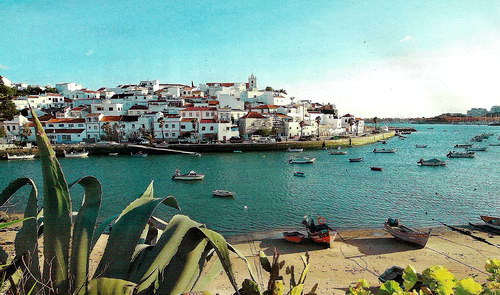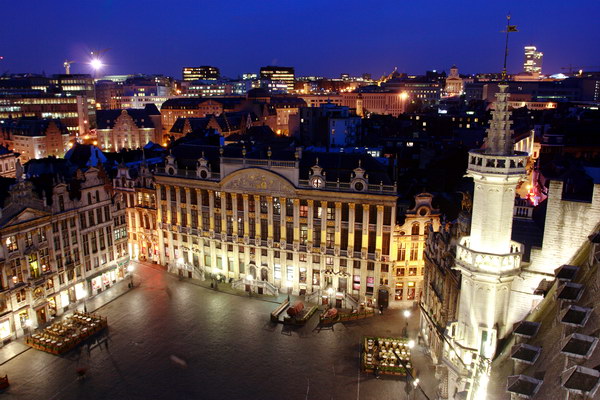Tour operators and travel agents
 Transport enterprises, accommodation facilities, catering and entertainment facilities included in the tourism industry are the primary producers of tourist services. Using the necessary economic resources, they create services that bring to the market for sale. Each manufacturer determines for itself the most effective ways to implement them, i.e. sales channels. For them, through a series of acts of sale and purchase, the service is communicated to the final consumer.
Transport enterprises, accommodation facilities, catering and entertainment facilities included in the tourism industry are the primary producers of tourist services. Using the necessary economic resources, they create services that bring to the market for sale. Each manufacturer determines for itself the most effective ways to implement them, i.e. sales channels. For them, through a series of acts of sale and purchase, the service is communicated to the final consumer.
Direct and indirect sales channels. Distribution channels are extremely diverse. They can be simple and complex, long and short, wide and narrow. In some cases, a verbal agreement is sufficient to complete the transaction, in others, detailed written contracts are required. Channels of distribution of tourist services include direct sales by the manufacturer, wholesale trade through various wholesale intermediary organizations, sales through a retail network.
All the variety of ways of selling goods and services, including tourist, can be reduced to two main basic types of distribution channels: direct and indirect. Direct channels provide direct communication of producers with consumers. Airlines, hotels, theme parks and other enterprises of the tourism industry carry out the direct sale of services to their customers. To this end, they open their own outlets, organize sales by catalogs and telephone, and more recently, with the development of telecommunication systems, they are increasingly using the capabilities of a computer network and e-mail for booking and providing tourist services to end users.
The widespread use of direct distribution channels is due to a number of advantages that both suppliers and their customers receive:
– relative simplicity. In direct sales, only two subjects — the producer and the final consumer (tourist) —are entered into a certain relationship; participation of third parties in the implementation of the service is not required. The seller and the buyer easily agree on the subject and the terms of the transaction, and, if necessary, on making appropriate changes to them;
– additional sales opportunities. Direct contact with the consumer allows the supplier to sell additional services and place a reservation (for example, on return travel documents). The tourist also gets access to information of interest to him (in particular, about the services and current prices for them) from the original source;
– flexibility. Unorganized tourists, independently developing the route and travel program, often specify them during the trip. They especially appreciate the direct marketing system, which easily adapts to the changing individual needs of customers and keeps them free to make decisions;
– economic benefits proper. Compared to sales through third parties, a direct channel provides the manufacturer with higher profits per buyer or unit of the offered goods (services);
– the possibility of personal control over the sale. Many tourists are afraid of being deceived and do not trust travel companies. These travel lovers are personally involved in preparing the trip: they reserve places in the accommodation facilities and purchase tickets. They check the correctness of their legal relations with the primary producer of tourist services and feel less vulnerable, having received confirmation of the received order and travel documents. Direct sales can reduce the risk to the buyer.
Along with the advantages channel “supplier-consumer” has a number of limitations. They are associated with an increase in the cost of the manufacturer to create and operate its own network of retail outlets, the growth of professionalism in the work of tourist firms. The development of direct sales is hindered by the difficulties that the unorganized tourist encounters during the preparation of a trip to the peak season (lack of empty seats, etc.) and which often remain unresolvable for him without the involvement of an intermediary.
The other basic type of distribution channel is indirect. Its defining feature is the presence of an intermediary (s) in relations between the producer and the consumer. Contrary to popular belief about “parasitism,” mediators perform an important function. They act as carriers of valuable information, their place in the economic system is entirely determined by the role that information plays in modern society. It gives its owner an idea of the full range of opportunities available and ensures operational efficiency. On the contrary, lack of information means lost profits.
High-quality information is difficult to obtain. In direct sales, the consumer must contact all manufacturers to compare the options for the necessary products (services) and make a successful purchase. In the case of indirect distribution, this work is performed by an intermediary. It saves the client from the exhausting search for the most profitable counterparty.



